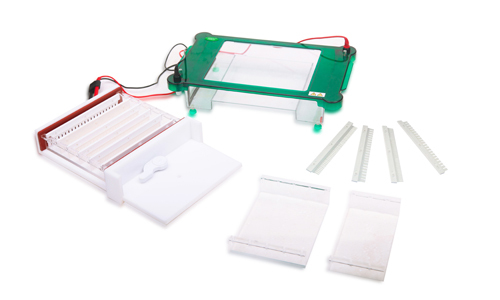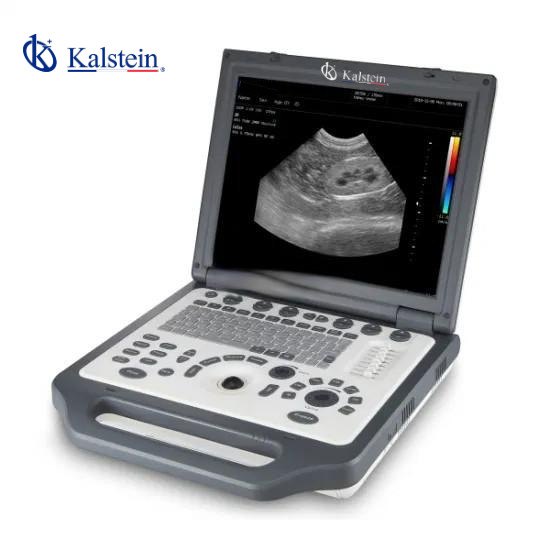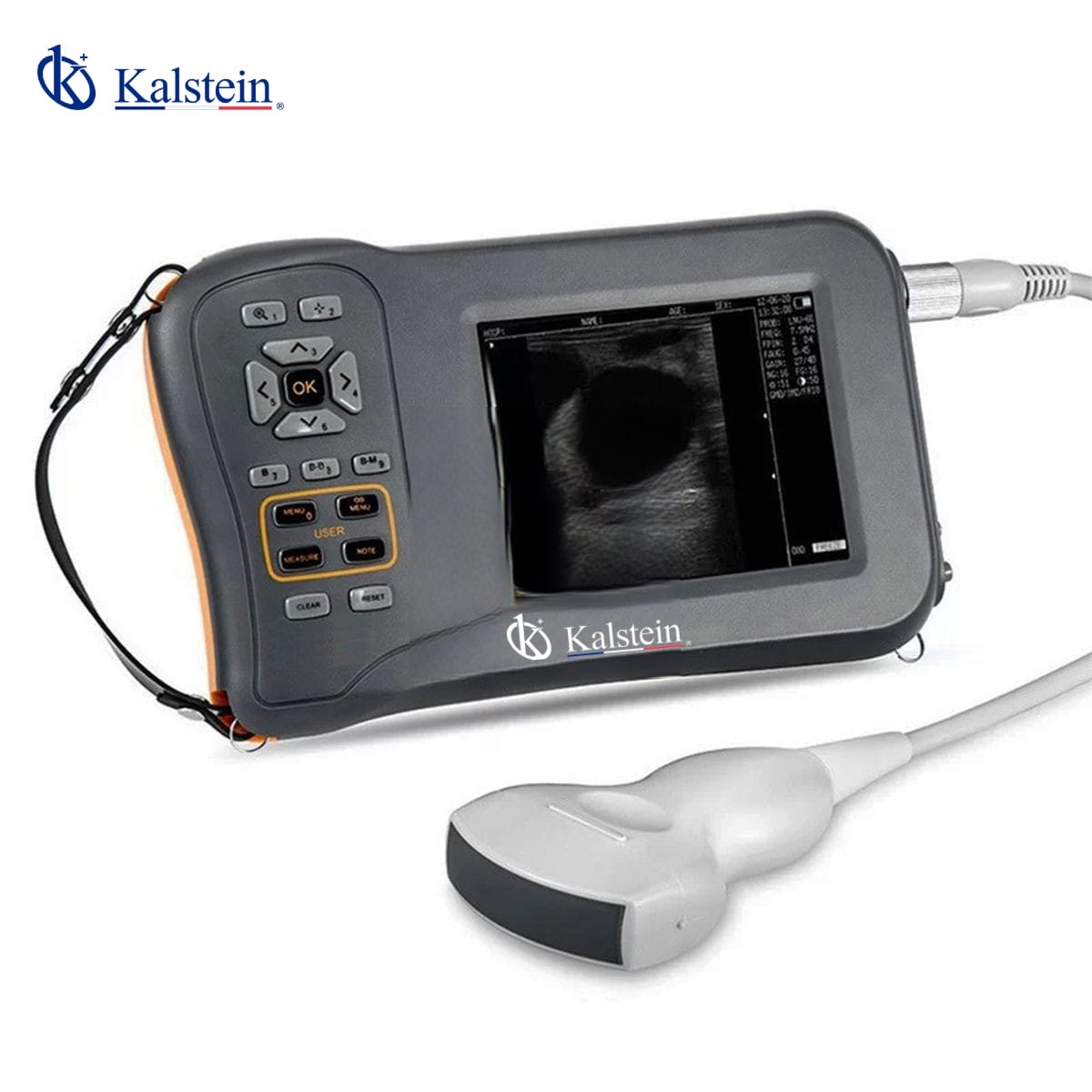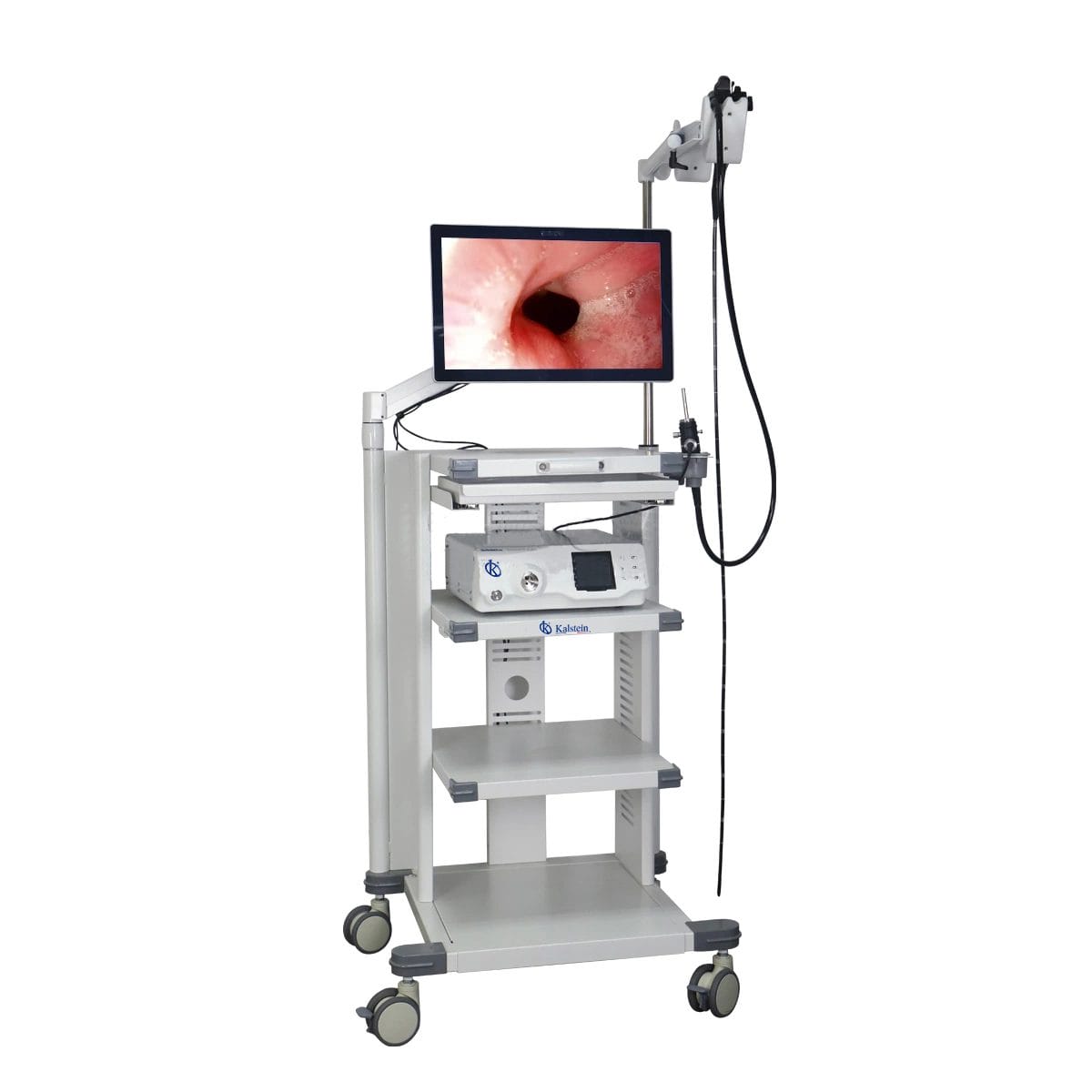Electrophoresis is a common tool used by scientists to classify, separate and analyze biological and chemical products; this technique is performed in a liquid medium, such as a saline solution or agarose gel, through which electricity is coupled to move particles through a trap, known as an electropherogram.
This technique allows scientists to separate products based on different qualities, such as molecular weight, solubility and stability. Improving the efficiency of electrophoresis in the laboratory can facilitate many investigations and improve the quality and reliability of the results obtained.
There are several ways in which the efficiency of electrophoresis can be improved
The first is to improve laboratory design and process control to improve the production of high quality biological or chemical material and ensure the best results.
More stable liquid media can be used, as well as multi-position configurations with different parameters to improve performance; likewise, different electropherogram configurations can be used to optimize particle separation; these configurations can be optimized according to the size and charge of the particles to be separated.
The use of high quality reagents and materials significantly improves the efficiency of electrophoresis
Another way to improve the efficiency of electrophoresis is the use of high quality materials and reagents; using poor quality materials and reagents can lead to unpredictable results and errors in particle separation; using high quality materials and reagents ensures better results and greater reliability for research.
These reagents can also be optimized for different tasks; using more efficient reagents can lead to shorter processing times, which in turn improves the efficiency of electrophoresis; likewise, the efficiency of electrophoresis can be improved by understanding basic concepts related to the technology.
It is important to understand the basic fundamentals, such as current flow, chemical principles and the physics of electrophoresis processes
Understanding these basic principles and parameters such as pH, viscosity, pressure and temperature is imperative to optimize electrophoresis performance.
This understanding also allows the user to identify any faults in the equipment and process to take corrective actions; the use of state-of-the-art electrophoresis equipment can also improve the efficiency of this technique, these equipment are designed to improve the quality of the separations, leading to more reliable results.
Software solutions are an ideal way to improve electrophoresis performance, as they drastically reduce the time required to complete an experiment and errors
Newer devices also allow better control of the process, allowing the user to tailor the equipment to requirements, improve the quality of the output data and obtain more accurate results; improving the efficiency of electrophoresis in the laboratory can be benefiting from the use of informatics solutions.
In conclusion; these software solutions can help to optimize processes, analyze data and detect errors, this facilitates assay execution, data collection and analysis and report processing.
For Kalstein as a MANUFACTURER it is important that you acquire a quality electrophoresis to improve efficiency in your laboratory
In the link below you will be able to choose one of the best electrophoresis manufactured in the market HERE
In Kalstein you will be able to acquire the best ones for that reason we invite you to visit our web page HERE to enjoy great offers and prices without competition, since we are MANUFACTURERS and we can guarantee your effective purchase.




